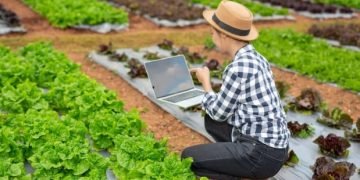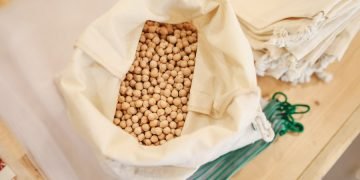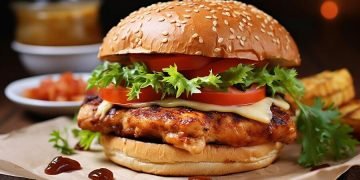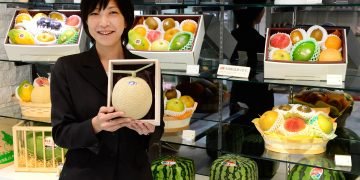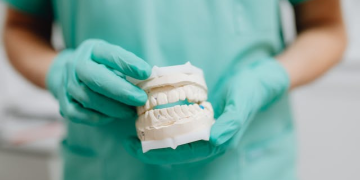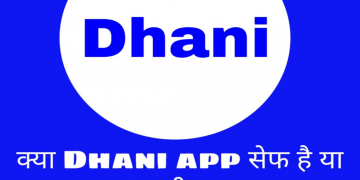Water is the essence of life, but what do you do when it’s scarce? While many of us are fortunate enough to turn on the tap and have fresh water at our disposal, there are situations where this precious resource becomes limited. Whether you’re caught in a drought, experiencing water restrictions, or simply preparing for emergencies, knowing how to utilize food as a hydration source can be a lifesaver.
Foods that Keep You Hydrated

Did you know that certain foods can contribute significantly to your daily water intake? Fruits and vegetables with high water content can be vital in maintaining hydration. Let’s take a closer look at some of these life-savers:
- Cucumbers: With a whopping 95% water content, cucumbers top the list. Incorporate them into salads or eat them as a refreshing snack.
- Watermelon: This summer favorite is not only delicious but holds about 92% water, making it a fantastic hydrating treat.
- Strawberries: These berries are not only rich in antioxidants but also carry a 91% water content.
- Celery: Crunchy and nutritious, celery comprises about 95% water and is a great addition to your diet.
- Bell Peppers: Add some color to your meals with bell peppers, which consist of 92% water.
While relying solely on these foods won’t completely replace your water needs, they can certainly help in times when water is scarce legit.
Preparing and Consuming High-Water Content Foods
Utilizing these foods efficiently is key. Opt for raw consumption when possible, as cooking can reduce water content. Create salads, smoothies, or simply snack on them throughout the day. Additionally, you can also incorporate soups and broths into your meals, as they’re excellent sources of hydration.
Staying informed on how to make the most of available resources can play a crucial role in water-scarce scenarios. For those who are interested, learning how to create a sustainable water source in 3 hours can also be incredibly beneficial.
The Balance Between Food and Water
While the idea of gaining hydration from food is promising, it’s crucial to understand the balance. Food contributes approximately 20% to our daily water intake, but it’s not a substitute for drinking water. Consuming water-rich foods can act as a supplement during times of scarcity, but exploring sustainable water solutions is essential for long-term wellbeing.
Ensuring you have a plan in place for emergency water sources can make all the difference. Devices and methods that help derive water from natural air, like the Water Freedom System, can be practical solutions in any location, even the driest desert.
Staying Informed and Ready
Preparedness is key in any challenging situation. In addition to knowing which foods can aid in hydration, being informed on how to optimize your health post-surgery with proper nutrition can be advantageous. Knowledge empowers us to make the best decisions for our health and wellbeing, especially when resources are limited.
Staying educated, resourceful, and proactive in your approach to hydration can help you navigate through water-scarce situations more efficiently. Whether it’s through dietary adjustments, sustainable water sources, or a combination of both, you can ensure that you and your loved ones stay hydrated and healthy, regardless of the circumstances.
Alternative Hydration Solutions
In addition to food sources, it’s imperative to explore alternative hydration solutions that can alleviate the challenges in water-scarce situations. One such innovative approach is harvesting rainwater.
This method is not only sustainable but also promotes water conservation, particularly in areas where water scarcity is a persistent issue. Moreover, purifying collected water through simple, homemade filtration systems can further ensure its safety for consumption, allowing for a reliable supplemental water source in times of need.
Maintaining Electrolyte Balance
While ensuring an adequate water intake is crucial, it’s equally important to maintain a balance of electrolytes in the body. Electrolytes are minerals that help regulate water balance, muscle contractions, and nerve signals.
Consuming foods rich in electrolytes, such as bananas, oranges, and spinach, can help replenish these essential minerals and prevent dehydration. Additionally, homemade oral rehydration solutions, consisting of water, salt, and sugar, can be effective in maintaining electrolyte balance and avoiding the adverse effects of dehydration. Discover the secret behind the deliciousness with a guide to what sauces do Jack in the Box have.
Educating and Raising Awareness
Education and awareness are fundamental in tackling water scarcity and promoting sustainable water use. By raising awareness about the importance of water conservation and educating communities on alternative hydration sources, we can collectively contribute to alleviating the impact of water scarcity.
Encouraging community participation in water-saving initiatives and fostering a sense of responsibility towards water resources can drive positive change and ensure a more sustainable future for all.















